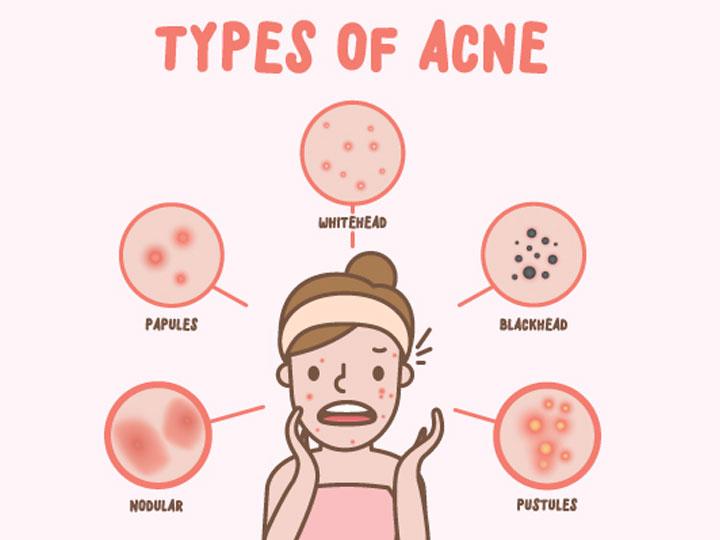Acne is probably the biggest skin problem among adults and children. It is estimated that more than 60 million people in the United States have some type of acne. Some sufferers experience mild cases, while others suffer from more severe cases. While there are dozens of various forms of acne, the three most common types are: whiteheads, blackheads and pimples.
As you can see, it is very important to know the different forms of acne before you start treating your skin. You will need to consider which type of treatment is best for your situation. For example, white and blackheads are not blackheads or pimples. They are just black or white spots. These types of stains can be removed using a variety of products and products.
If left untreated, acne can cause permanent scarring. To get rid of acne, doctors recommend antibiotics and topical solutions. For mild cases, over-the-counter solutions such as salicylic acid, benzoyl peroxide, or tea tree oil can be used.
In some cases, acne requires more aggressive treatment of the skin's surface, including excision. If you have a skin cyst or infection, surgery may be recommended.
Acne can affect almost anyone, but overweight people tend to get it. Your skin is covered with sebaceous glands that produce oil that moisturizes and protects your skin. When the sebaceous glands become overactive, they produce too much oil. This excessive amount of oil causes dead cells to accumulate, leading to infection. This is when your doctor may recommend acne treatment.
Acne treatment should include reducing the number of bacteria that cause acne. Most acne is caused by an imbalance between oil and bacteria on the skin.
One type of antibiotic kills bacteria and leaves excess oils in the sebaceous glands, thereby reducing the likelihood of acne breakouts

You should talk to your doctor about acne treatments if you experience new or recurring types of acne. If your acne has lasted longer than two weeks, or if you find it difficult to remove dead skin cells from your face, it's time to see a dermatologist.
Soaps, creams, and topical products are best for most types of acne. However, you can use products containing salicylic acid and benzoyl peroxide to reduce inflammation and treat mild cases.
In addition to the most common types of acne, there are several subtypes of this condition. Some of these include whiteheads, blackheads and pimples that occur on the back, chest, stomach and neck.
If you have a skin condition such as rosacea, then it is important to talk to your dermatologist before choosing an acne treatment. Rosacea can be treated using topical treatments. If you choose an acne treatment that contains Retinol, you will need to follow the directions carefully to avoid any skin damage.
You can also choose to try some natural acne treatments to reduce the severity of the acne. For example, eating foods rich in zinc can help fight against the bacteria and help to restore the skin's natural oil balance.
You can also improve your skin's complexion by using a high quality moisturizer, especially if you are prone to oily skin. If you have dry or combination skin, it is a good idea to moisturize after every shower and then pat your skin gently with a soft towel.
Finally, you can even find an acne treatment to stop acne if you have an active lifestyle. If you eat high amounts of fatty foods, drink plenty of soda, have stress, smoke, don't exercise or have a sedentary lifestyle, you are more likely to develop acne.
